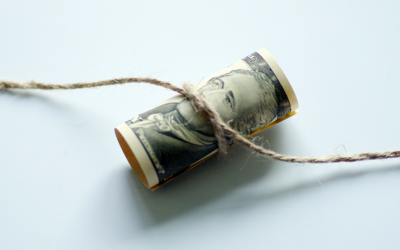29/07/20192 mins
Interest rate cycles
Here at The Scottish, some of us had been avidly following this year’s Tour de France. While watching the latest stage, it occurred to us that cyclists and central bank policymakers have a surprising amount in common. You never know what’s round the next bend, or how far you are from the summit. Is now the time to get out of the saddle and push harder, or can you freewheel for a while?
Policymakers in Europe and the US are asking similar questions right now. The current US economic cycle is the longest on record, and policymakers have come up with innovative ways to prolong this upward ride (through quantitative easing). Markets are addicted to stimulus – the recent rally after the Fed dialled back its rhetoric on interest rate hikes is testament to that.
If policymakers allow growth to slow too much, by excessive tightening of rates, they risk dampening the economic outlook, weighing on the stockmarket. This, of course, is the persistent criticism from President Trump. On the other hand, slowing growth in China, disputes over trade (that could suck in other parts of the world) all represent potential potholes in the road that will be tough to negotiate. Policymakers are on the alert to ensure these issues don’t morph into serious problems that could throw us over the handlebars. As it stands, markets are pricing in rate cuts from the Federal Reserve (the Fed) – a measure (not unlike an electric bike) that aims to stave off the effects of slowing down.
As active investors, we’re eyeing both the Fed’s latest moves and the market’s response. Although China and the US have reached a truce on trade, there’s every chance of this issue flaring up again. Trade is just one of several challenges the Fed – and other central banks – must grapple with. Their ultimate challenge is balancing all the risks, and being prepared for all eventualities. That includes keeping something in reserve, so there’s scope to shift down a gear when the hard times come.
Please remember that past performance may not be repeated and is not a guide for future performance. The value of shares and the income from them can go down as well as up as a result of market and currency fluctuations. You may not get back the amount you invest.
The Scottish Investment Trust PLC has a long-term policy of borrowing money to invest in equities in the expectation that this will improve returns for shareholders. However, should markets fall these borrowings would magnify any losses on these investments. This may mean you get back nothing at all.



